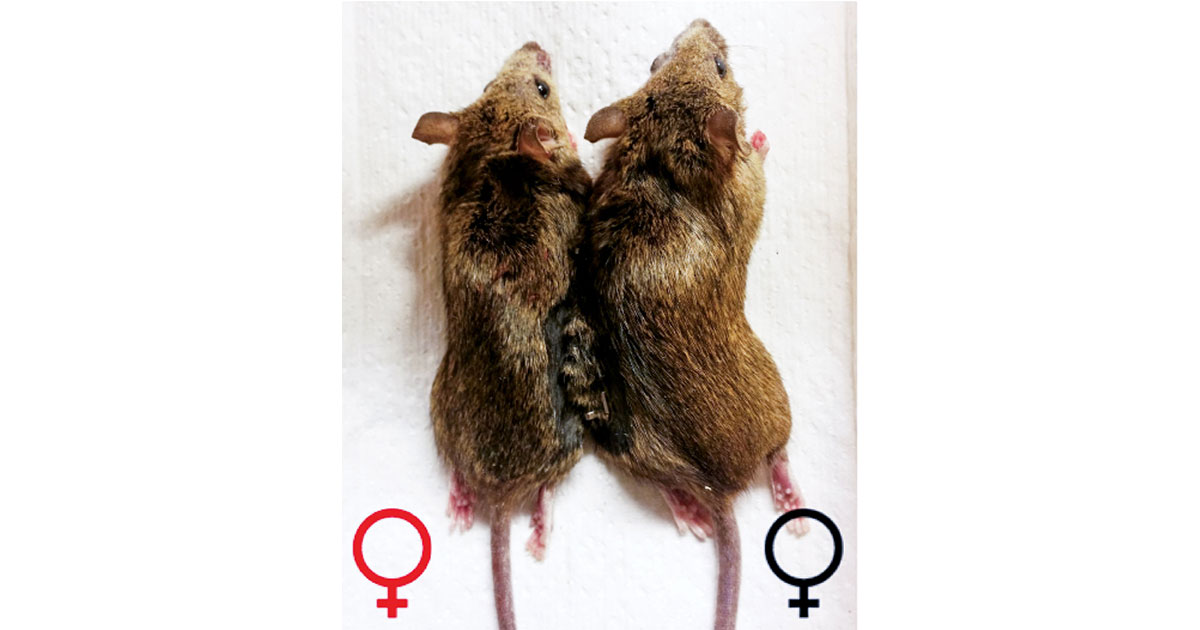Advertisement
Grab your lab coat. Let's get started
Welcome!
Welcome!
Create an account below to get 6 C&EN articles per month, receive newsletters and more - all free.
It seems this is your first time logging in online. Please enter the following information to continue.
As an ACS member you automatically get access to this site. All we need is few more details to create your reading experience.
Not you? Sign in with a different account.
Not you? Sign in with a different account.
ERROR 1
ERROR 1
ERROR 2
ERROR 2
ERROR 2
ERROR 2
ERROR 2
Password and Confirm password must match.
If you have an ACS member number, please enter it here so we can link this account to your membership. (optional)
ERROR 2
ACS values your privacy. By submitting your information, you are gaining access to C&EN and subscribing to our weekly newsletter. We use the information you provide to make your reading experience better, and we will never sell your data to third party members.
Biological Chemistry
Microbiome Blamed For Chemo Side Effect
Drug Metabolites: Gut bacteria convert an anticancer drug to diarrhea-causing toxic molecules
by Sarah Everts
September 14, 2015
| A version of this story appeared in
Volume 93, Issue 36
The drug irinotecan helps kill colon cancer cells, but this chemotherapy can also cause intestinal side effects: Up to 90% of patients treated with the drug get diarrhea. It turns out a patient’s microbiome may be to blame, reports a research team led by Matthew R. Redinbo of the University of North Carolina, Chapel Hill (Chem. Biol. 2015, DOI: 10.1016/j.chembiol.2015.08.005). Inside a patient’s body, irinotecan is attached to a sugar called glucuronic acid, helping to protect healthy cells from the drug’s toxicity and to eventually excrete the compound. Meanwhile, a variety of intestinal bacteria have enzymes, called β-glucuronidases, that help the microbes scavenge all possible sugars that come their way. These bacterial enzymes clip off the glucuronic acid, thereby converting the drug to a diarrhea-causing agent. Redinbo and colleagues show that inhibiting the bacterial enzymes prevents diarrhea in mice given irinotecan and doesn’t interfere with the drug’s cancer-killing capacity. The team suggests that giving β-glucuronidase inhibitors at the same time as the cancer drug could help minimize the side effects. They add that this strategy might also help minimize intestinal side effects of other medicines, such as nonsteroidal anti-inflammatory drugs, which also chemically link to glucuronic acid.




Join the conversation
Contact the reporter
Submit a Letter to the Editor for publication
Engage with us on Twitter